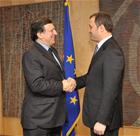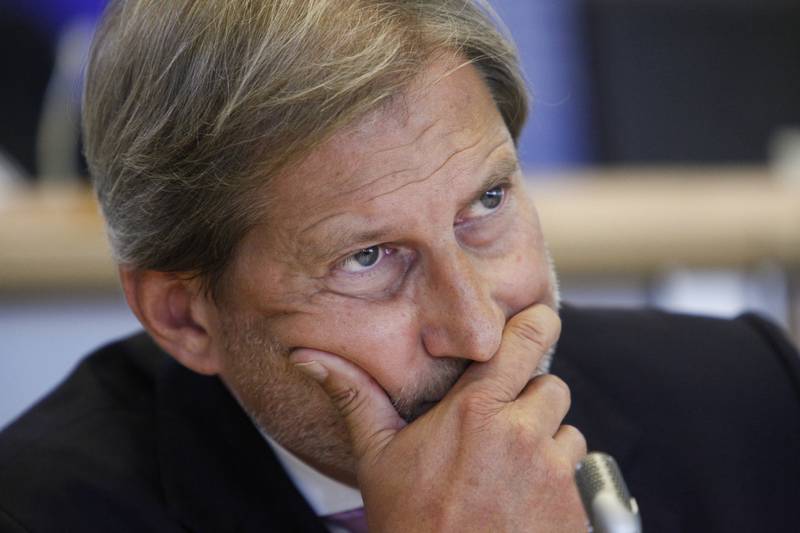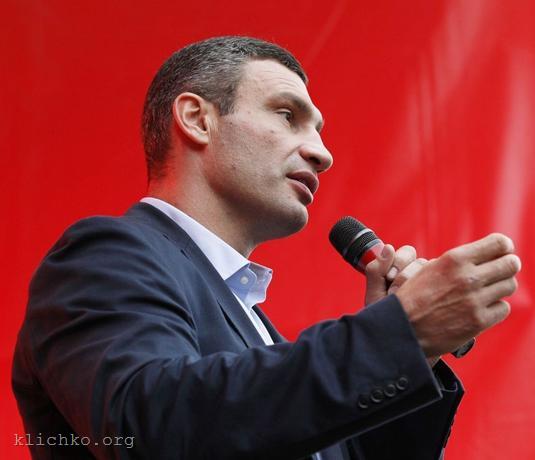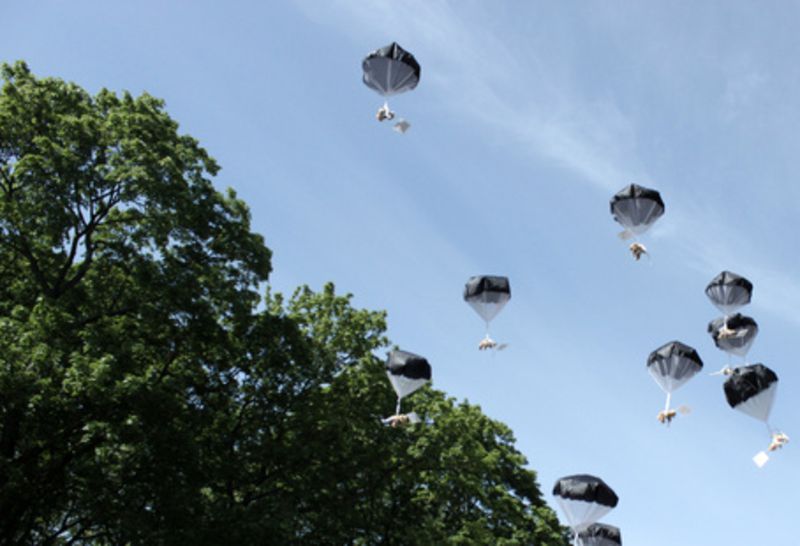The Results of the “Europeanisation” Test for the Six Eastern Partners of the EU
Zhaneta Kuyumdzhieva, trainee, August 23, 2012
 At the September 2011 Warsaw summit of EU and the countries from the Eastern partnership, Herman van Rompuy, the European Council president, stated that the EU had made considerable progress toward conclusion of new and better agreements concerning the relations with most of its partners. In May 2012, an expert pool of the International Renaissance Foundation in cooperation with the Open Society Foundations presented their assessment about the progress of the Eastern Partnership (EaP) countries on the basis of three benchmarks: linkage or growing political, economic and social ties between each of the six EaP countries and the EU; approximation - structures and institutions in the EaP countries converging towards EU standards and in line with EU requirements; management - evolving management structures and policies for European integration in EaP countries.
At the September 2011 Warsaw summit of EU and the countries from the Eastern partnership, Herman van Rompuy, the European Council president, stated that the EU had made considerable progress toward conclusion of new and better agreements concerning the relations with most of its partners. In May 2012, an expert pool of the International Renaissance Foundation in cooperation with the Open Society Foundations presented their assessment about the progress of the Eastern Partnership (EaP) countries on the basis of three benchmarks: linkage or growing political, economic and social ties between each of the six EaP countries and the EU; approximation - structures and institutions in the EaP countries converging towards EU standards and in line with EU requirements; management - evolving management structures and policies for European integration in EaP countries.
In general, the report on the “Europeanisation” process of Azerbaijan, Armenia, Belarus, Georgia, Moldova and Ukraine confirms the EU President’s statement in its two main messages: that there is a substantial progress in the relations and that this is valid for the most of the EaP partners.
Where is EU on the Eastern front?
This spring the EU has published its programme with a number of actions to be taken before the next regular EaP summit in the autumn of 2013. The progress of the six countries will be evaluated on the basis of their political and economic integration and a number of tasks, such as mobility and visa liberalisation, participation in EU programmes and agencies, reforms, strengthening of co-operation in the fields of energy, security, transport, agriculture, regional development, human rights policies, democracy etc.
The negotiations on the association agreement with Ukraine, that includes a new set of free trade zone rules, were finished in the end of last year and on 30 March 2012 the agreement was initialled despite the tensions and the growing concerns about the real intentions of President Viktor Yanukovych about the trial against ex-PM Yulia Tymoshenko (the EU believes that this process has been politically motivated). This year saw the start of the negotiations on similar agreements and a relatively good progress in the talks with Moldova, Georgia, Armenia and Azerbaijan. Taking into account the EU principle “the more you do, the more you will get”, we cannot say much about the relations with Belarus (or at least no good things). Currently, they are based mainly on the European Modernisation Dialogue – an initiative of the Enlargement Commissioner Stefan Füle from March 2012 in support of the political actors and the civil society in the country in their fight for human rights and democracy.
set of free trade zone rules, were finished in the end of last year and on 30 March 2012 the agreement was initialled despite the tensions and the growing concerns about the real intentions of President Viktor Yanukovych about the trial against ex-PM Yulia Tymoshenko (the EU believes that this process has been politically motivated). This year saw the start of the negotiations on similar agreements and a relatively good progress in the talks with Moldova, Georgia, Armenia and Azerbaijan. Taking into account the EU principle “the more you do, the more you will get”, we cannot say much about the relations with Belarus (or at least no good things). Currently, they are based mainly on the European Modernisation Dialogue – an initiative of the Enlargement Commissioner Stefan Füle from March 2012 in support of the political actors and the civil society in the country in their fight for human rights and democracy.
The experts evaluation
The NGO index divides the six partner countries into two categories: countries with clear EU ambitions – Moldova, Georgia and Ukraine, and countries with not so strong interest in the EU – Armenia, Azerbaijan and Belarus. Moldova is identified as the most motivated partner, especially with regard to democracy. In its category the country is leader on all three benchmarks. The successful elections in March 2012 that put an end to a 3-year-long political crisis is a condition for strengthening of reforms and for the establishment of more stable internal environment. There is also progress in the negotiations on an association agreement, reforms in a couple of sectors and particularly concerning visa liberalisation.
 Despite the good performance of Moldova and the effort of its government to use pro-European language, the civic support for the policy harmonisation with the EU has dropped by 23% since 2007. Experts refer this to several reasons: the eurozone crisis, the lack of tangible benefits for the ordinary citizens from the EU membership (such as the visa-free travel), the growing support for the customs union with Russia and the negative position of the opposition party toward the EU that was clearly stated in public.
Despite the good performance of Moldova and the effort of its government to use pro-European language, the civic support for the policy harmonisation with the EU has dropped by 23% since 2007. Experts refer this to several reasons: the eurozone crisis, the lack of tangible benefits for the ordinary citizens from the EU membership (such as the visa-free travel), the growing support for the customs union with Russia and the negative position of the opposition party toward the EU that was clearly stated in public.
The second-best country in the more successful category is Georgia – second in the approximation and management and third in terms of improvement of the political and economic links with the EU. In general, the country demonstrates a strong commitment for the institutional agenda related to the EU integration. Compared to the other five EaP countries its economic progress is indisputable although a better business environment has been reported also in Moldova and Belarus. Georgia’s weakness lies in the political field. The elections scheduled in October will provide a response to the question whether the country would make a step forward to come closer to the EU. It will be an important test of Georgia’s ability to achieve greater responsibility and pluralism in its political system. The latter will improve also its democracy level – a value that the EU started to particularly pursue since the "Arab Spring" and the trends that emerged with it.
in the approximation and management and third in terms of improvement of the political and economic links with the EU. In general, the country demonstrates a strong commitment for the institutional agenda related to the EU integration. Compared to the other five EaP countries its economic progress is indisputable although a better business environment has been reported also in Moldova and Belarus. Georgia’s weakness lies in the political field. The elections scheduled in October will provide a response to the question whether the country would make a step forward to come closer to the EU. It will be an important test of Georgia’s ability to achieve greater responsibility and pluralism in its political system. The latter will improve also its democracy level – a value that the EU started to particularly pursue since the "Arab Spring" and the trends that emerged with it.
The political problems of Ukraine are identical. The country did not manage to make the necessary judiciary and energy reforms. 2011 was marked by a growing trend of power monopolisation by the president and the ruling party. In the economy, the results are not good either and the business climate worsened. The positive results are in the budgetary planning and the visa liberalisation as Ukraine successfully introduced a personal data protection system and adopted a migration policy. Following the best practises of EU and the IMF requirements, the pension reform is one of the reasons why the country was classified among the well-performing Eastern partners.
 Armenia holds the first place in the camp of the countries that are less ambitious toward EU. It, however, has demonstrated political will for reforms and has good results on the benchmark that evaluates approximation with EU standards. In May 2012 Armenia was granted observer status in the EU energy community and a little earlier (in February) started negotiations on visa liberalisation and readmission agreement. Last year was established a Mobility Partnership with the EU, too. All this speaks of a deepening of the relations between Yerevan and Brussels, particularly because the initiatives and the working programmes have been incited by Armenia itself.
Armenia holds the first place in the camp of the countries that are less ambitious toward EU. It, however, has demonstrated political will for reforms and has good results on the benchmark that evaluates approximation with EU standards. In May 2012 Armenia was granted observer status in the EU energy community and a little earlier (in February) started negotiations on visa liberalisation and readmission agreement. Last year was established a Mobility Partnership with the EU, too. All this speaks of a deepening of the relations between Yerevan and Brussels, particularly because the initiatives and the working programmes have been incited by Armenia itself.
Following the review of the Eastern Partnership in May 2011, “sustainable democracy” became the leading principle of the EU in its relations with third countries. Behind the prioritisation of this principle stands the requirement for a stricter implementation (and sometimes establishment) of the key democratic elements such as free and honest elections, respect for human rights, independence of the judiciary etc. Exactly those are the problems of Belarus and Azerbaijan – the last two EaP countries.
Azerbaijan had a number of foreign policy opportunities in the last year  and made good use of them. It received a place in the UN Security Council, signed key agreements for transportation of gas from the Caspian Sea to the EU market, strengthened its relations with NATO (mainly with regard to Afghanistan) and participated in the G20 meeting in 2011. Its relations with EU also progressed with the renewal of the visa liberalisation negotiations. Azerbaijan started negotiations for an association agreement. All this, however, even the 4% economic growth does not manage to compensate the weaknesses in the social policies and with regard to the fundamental democratic rights.
and made good use of them. It received a place in the UN Security Council, signed key agreements for transportation of gas from the Caspian Sea to the EU market, strengthened its relations with NATO (mainly with regard to Afghanistan) and participated in the G20 meeting in 2011. Its relations with EU also progressed with the renewal of the visa liberalisation negotiations. Azerbaijan started negotiations for an association agreement. All this, however, even the 4% economic growth does not manage to compensate the weaknesses in the social policies and with regard to the fundamental democratic rights.
The media landscape is highly discredited, the NGOs survive under the pressure of the government, the number of the political prisoners grows and in the beginning of 2012 there were a number of testimonies for torments and beating of journalists. Therefore, the expectations that the political elite in Azerbaijan would strengthen the co-operation with EU, beyond the trade relations and exchange of practises, are rather vague.
Belarus’ achievements with regard to democracy are also disappointing The country holds the last place, according to the EaP benchmarks. The beginning of 2012 was marked by a serious diplomatic crisis between Brussels and Minsk. The repressions, the judiciary that is entirely dependent on the president, the restrictions in civic rights and freedom, the high levels of corruption and media pressure are the reasons for the lagging behind with the implementation of democratic values. Despite that lately Belarus is subject to tough criticism about its political practises, the economic relations of the country with the EU are surprisingly strong. The trend is confirmed by a number of trade talks and investment consultations held with EU member states representatives.
 The EU strategy toward Belarus is also not clear despite the reduced financing and the sanctions imposed because of political reasons. The suggestion of the experts report that Minsk has a number of interests in Brussels is, however, valid. It is based on the expectation that, while the EaP country sticks to its close economic and political relations with Russia, it will be an interesting and needed partner of the EU. However, it cannot be predicted for how long this acrobatic balance can hold.
The EU strategy toward Belarus is also not clear despite the reduced financing and the sanctions imposed because of political reasons. The suggestion of the experts report that Minsk has a number of interests in Brussels is, however, valid. It is based on the expectation that, while the EaP country sticks to its close economic and political relations with Russia, it will be an interesting and needed partner of the EU. However, it cannot be predicted for how long this acrobatic balance can hold.
 Johannes Hahn | © European Parliament
Johannes Hahn | © European Parliament | © klichko.org
| © klichko.org | © Studio Total
| © Studio Total